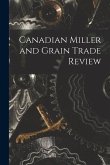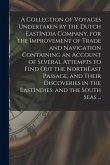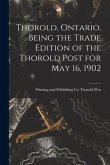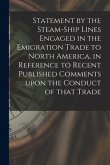Equipped with reliable maps and instruments for open-ocean navigation and highly seaworthy, three-masted, cannon-armed ships, Portugal dominated the Atlantic trade routes -- until the diffusion of Portuguese technologies to wealthier polities made Holland the eventual successor, owing to its geographic position and its immense commercial fleet. It is precisely this interplay of technology and geography, argues Peter J. Hugill, that has guided the evolution of the modern global capitalistic system. Tracing the relationship between technology and economy over the past 550 years, Hugill finds that the nations that developed and marketed new technologies best were the nations that rose to world power, while those that held onto outdated technologies fell behind. Moreover, he argues, major changes in transportation and communication technologies actually constituted the moments of transformation from one world economy to another.
Hinweis: Dieser Artikel kann nur an eine deutsche Lieferadresse ausgeliefert werden.
Hinweis: Dieser Artikel kann nur an eine deutsche Lieferadresse ausgeliefert werden.

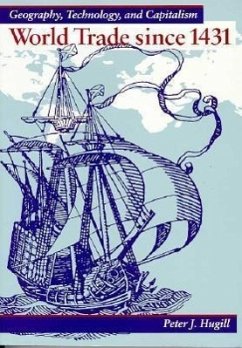

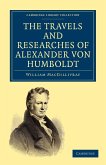
![On the Changed Opinions Since 1848 of the Montreal Board of Trade [microform]: Respecting a Canal to Connect Lake Champlain With the St. Lawrence On the Changed Opinions Since 1848 of the Montreal Board of Trade [microform]: Respecting a Canal to Connect Lake Champlain With the St. Lawrence](https://bilder.buecher.de/produkte/65/65542/65542426m.jpg)
